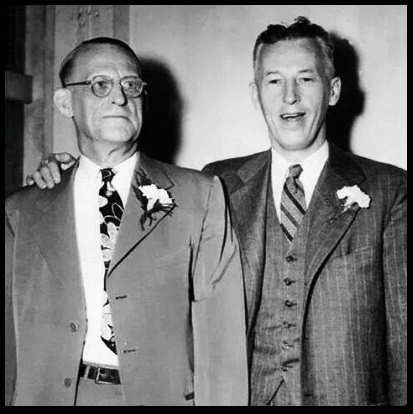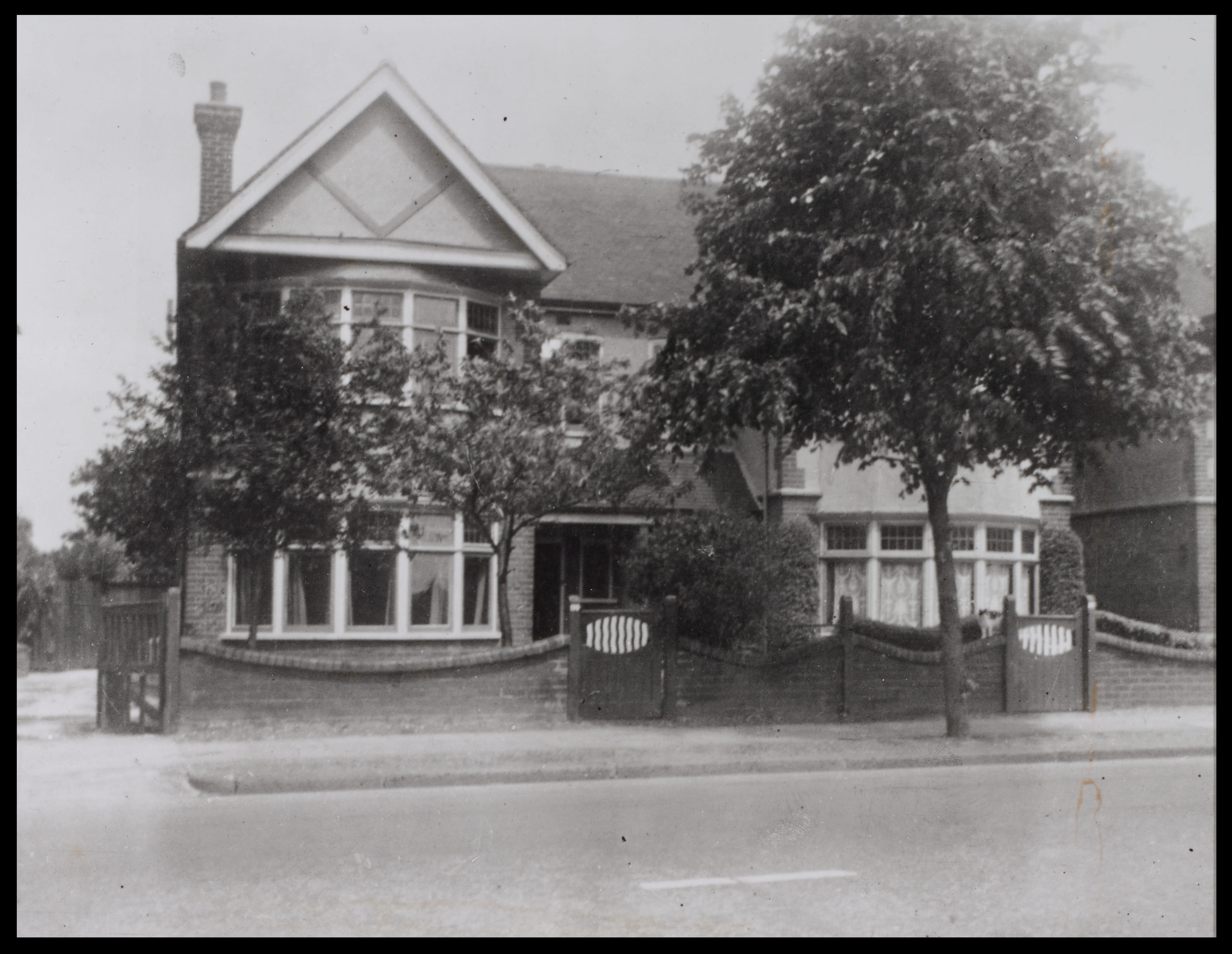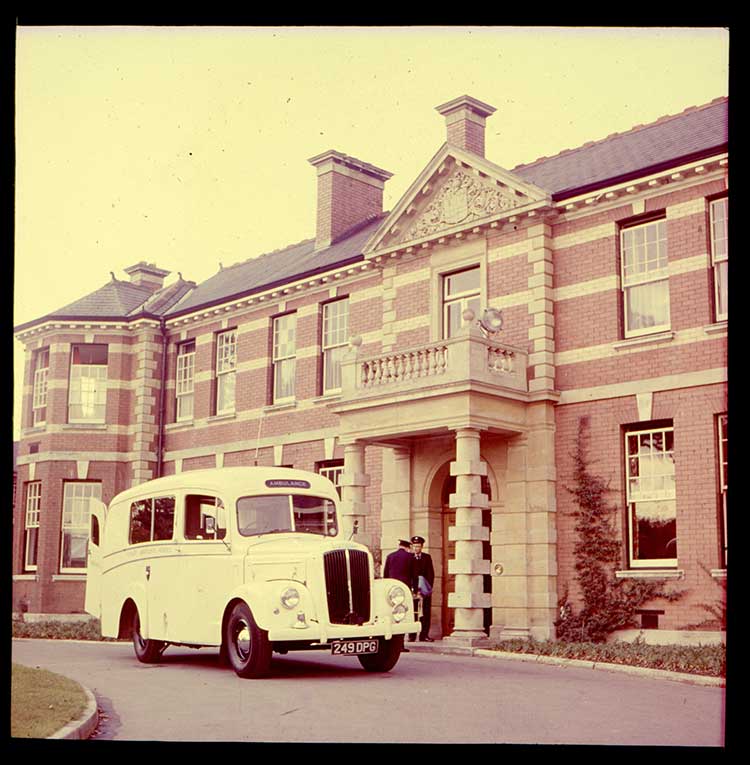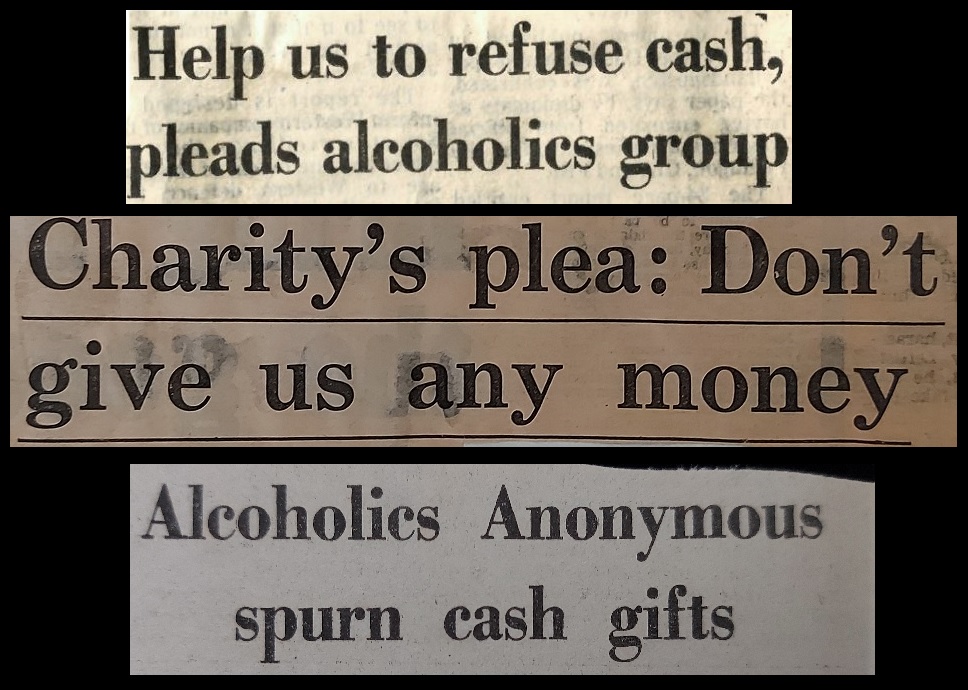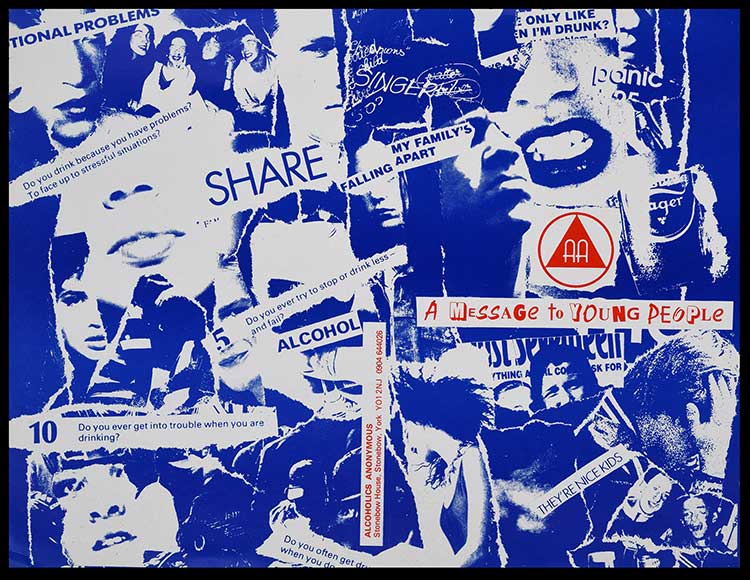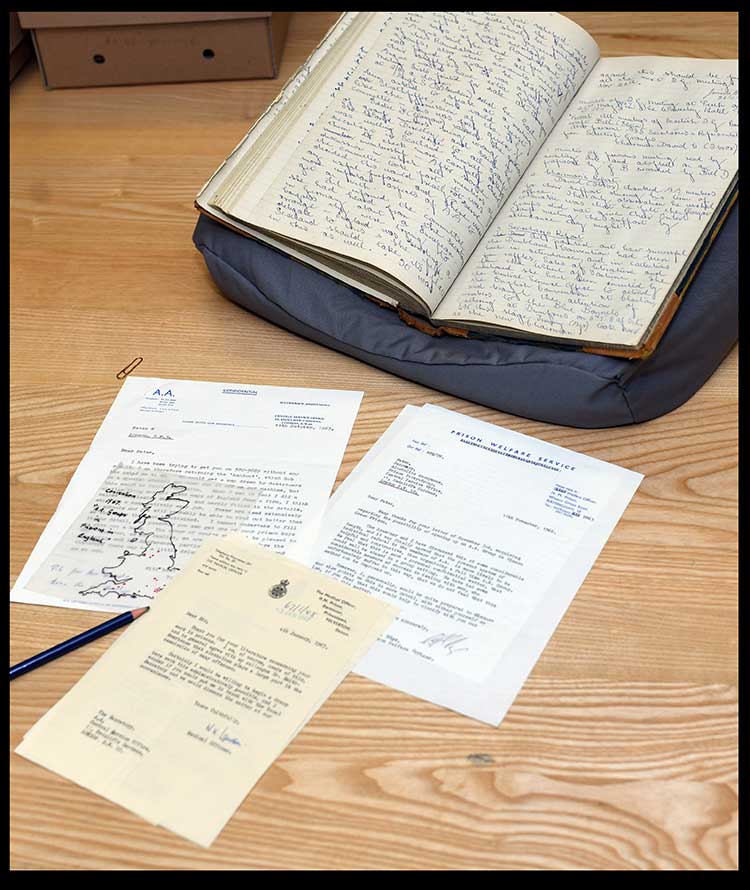Welcome to the Alcoholics Anonymous GB Archives
In partnership with the Borthwick Institute for Archives at the University of York
The Alcoholics Anonymous Great Britain Archive
In 2018, Alcoholics Anonymous Great Britian in partnership with the Brorthwick Institute for Archives began a three year project to catalogue, preserve, and open up its archive which holds material dating back to the very beginning of the British Fellowship in 1946. Spanning the entirety of its 75 years, the archive material comprises over 446.15 cubic feet and 6 GB of digital records.
The archive's online catalogue can be found here: https://borthcat.york.ac.uk/aa
Further information about accessing material in the AA GB Archive can be found here:
